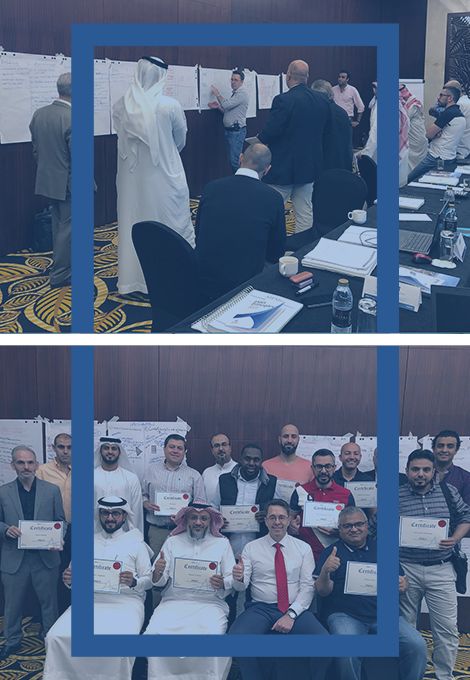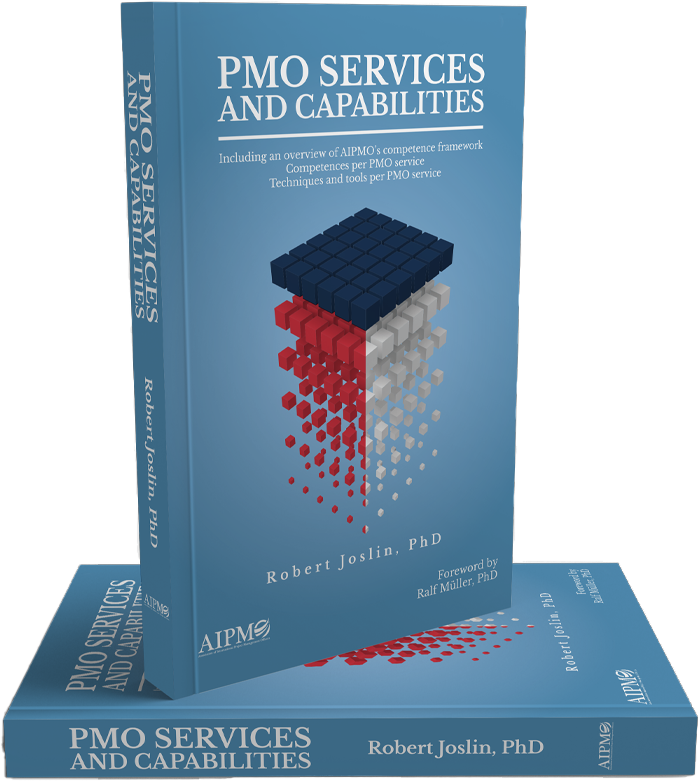PMO director level
Highest level of PMO knowledge
Course Description
The International Project Management Officer (IPMO)® certification is the most important industry-recognized certification series for project management officers and professionals working in, or associated with, PMO activities and related services.
Certified IPMO Experts have demonstrated, through a combination of formal training, workshop, and competency assessment, that they have an in-depth understanding of PMO principles, theory, and practices, including the design, implementation, and operation of complex PMO topologies and their respective PMO service topologies. IPMO-E (Expert) is typically at the PMO director level/consultant, and this certification builds on the IPMO-F (Foundation) and the IPMO-P (Practitioner) certifications.
The course covers topics within strategy formulation and strategy execution, especially frameworks, organizational design, PMO topologies, and PMO services topologies. During the course, attendees can use their own organization’s PMO environment as input to the assessment of PMOs guided by AIPMO’s framework, which uses multiple techniques. This work is then further developed as part of the daylong workshop where, if you choose, you can develop your organization’s strategic design and optimize PMO topology/PMO services topology. Throughout the course, the content of AIPMO’s Body of Knowledge is covered, which will comprise a series of books covering PMO Principles, Portfolio, Program, and Project Principles, PPM/PMO Techniques and Tools, PMO Services and Capabilities, and PMO standards plus references to other books.
As a PMO expert, you will be able to assess PMOs in operation within the context of your organization, the project types they support, appropriate leadership styles, and PMO functions, including their ability to act as catalysts for knowledge-sharing units that seed and support innovation groups while understanding the risks associated with long-term PMO performance. In doing so, you will have the opportunity to find out why some PMOs might perform below expectations, what the drivers for change are, and how to improve individual and collective PMO performance in an organization to achieve maximum business value. You will be able to design and establish an enterprise-wide PMO strategy based on a PMO topology concept—modeled to your organizational environment—and from this, develop your PMO services and capabilities based on the “Group PMO services and capabilities catalog.” You will also understand the content and purpose of key PMO document deliverables both at the group level and at individual PMO levels. Key documents from the course will be provided so you can use them immediately at your workplace to allow a quick start in building and running a high-performing enterprise-wide PMO organization.














